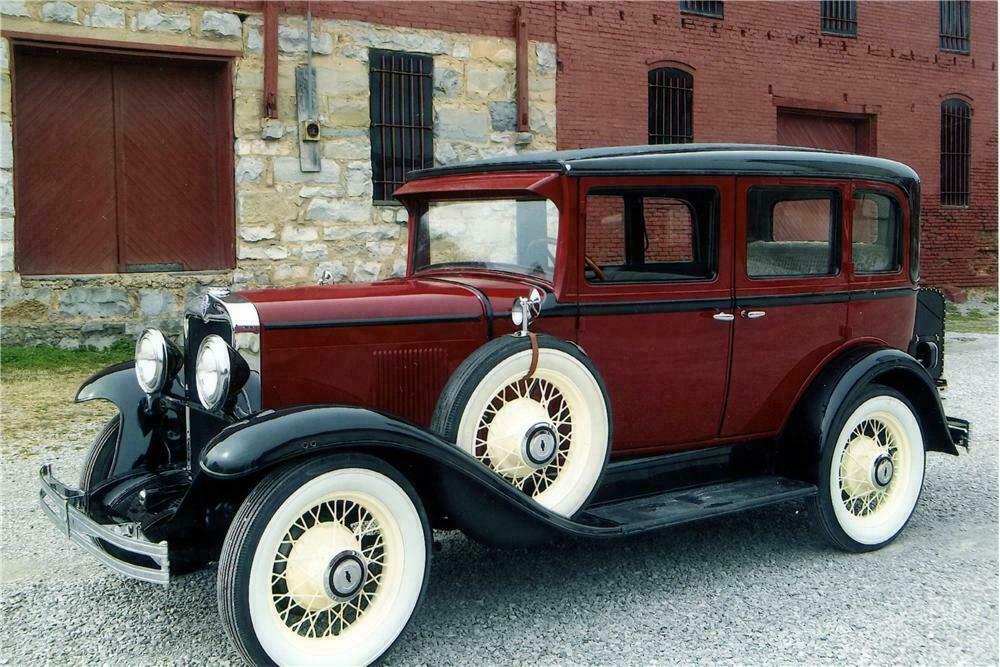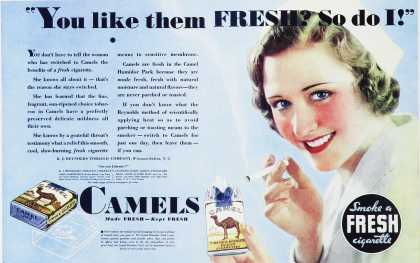
Learn from history — now is the time to kick in your advertising
Think of yourself as driving along I-75 at 85-miles per hour (because let’s face it you always go just a little over the speed limit) and out of nowhere a brick wall falls from the sky and lands in front of you. What I’m going to suggest you do next, doesn’t make sense. It’s counter intuitive. It defies logic. Don’t hit the brakes; instead give it a little more gas.

Perhaps it doesn’t make sense driving on the expressway. But it does make sense when it comes to advertising in an economy that hit a brick wall.
Most businesses look at where they can cut when the economy gets soft. And often the first place to feel the knife is the marketing budget. We can go back 100-years and learn from history that marketing should be the last place to cut. In fact, Henry Ford is credited with saying: “A man who stops advertising to save money is like a man who stops a clock to save time.”
Last year Forbes raised a red flag and warned of a softening economy. They took a history lesson and concluded: “Those advertisers that maintained or grew their ad spending increased sales and market share during the recession and afterwards.”
But when you have the alligators snapping at you from the swamp, it can be nearly impossible to keep that marketing budget untouched. And the thought of increasing it, can keep you up late at night.
Here are some of the lessons of history:

- During the Great Depression Chevrolet ousted Ford as the auto industry leader because Ford didn’t follow Henry’s suggestion and cut back advertising – Chevy became aggressive.
- In the mid 70s Microsoft took the lead on personal computers, beating out IBM in part because they advertised in good times and in bad times.
- Proctor and Gamble, Camel Cigarettes, Fed Ex, Verizon — these are all companies that established themselves as category leaders during economic downturns when they turned up their advertising campaigns.
Studies of recessions in 1985, 1990 and 2001 showed that companies that remained aggressive in marketing enjoyed sales that were 2.5 times above the average of all other sales. And that boost continued for up to three-years.

More than two decades ago I talked with Bill Marsh Jr. about joining his auto dealership group in the marketing department. I remember asking him what would happen when we hit the next economic downturn. His response was, “That is when we will need you the most.” And we did face uncertain times after the 9/11 attacks and the 2008 Recession. Through it all we kept up the advertising budget while our competition cut back. What happened? The economy eventually turned around and we recovered quicker and gained a greater market share.
I understand that not everyone can do this. Restaurants have had to close their doors during this Coronavirus and lay off their staff. How can they justify to continue their marketing, when they don’t know when and if there doors will ever be open again? But I recently talked with a client who has run a financially responsible business for decades and while he has had some cancelled projects he’s in a perfect position to gain market share. His competition is not in a position to weather the storm – my client can. My client is prepared to continue his marketing plan with the hopes that when the storm passes, he will be in great shape.
There is a lot of fear and panic in the advertising community. Media reps are seeing some clients cancel their orders, while others are delaying their ad campaigns.
Don’t panic. Keep a cool head. But be smart when it comes to your ad budget. Those cancelled and delayed orders can result in media groups that are eager to work with you, and perhaps offer some great deals. The cost of advertising typically drops in soft economies, although this is an election year, so costs may not dip too much due to a higher demand.
Look at your media message – does it need to be adjusted to acknowledge the economic uncertainty of the time. You may need to offer discounts. If not discounts, you may need to build value into your service or products and explain why it is worth the cost. You may need to offer empathy and understanding about what others are going through.
Above all remember that people are still out shopping and still need your products or services. In fact, I was out recently helping my sister shop for a car. She was warmly welcomed in that mostly quiet dealership showroom. And the manufacturers are stepping up and making it really easy to get into a new car.
Buick/GMC is currently running an aggressive TV/Social Media campaign titled “We’re Here To Help.” They’ve adjusted their message to reflect both compassion and great sales opportunities. This is a fantastic example of adjusting the message for the economic times.
There’s a reason the carmakers are advertising heavily right now. They know the “noise level” with advertising has become pretty quiet. They have a chance to get their message out and have more people take notice of it. You will see GM, Toyota, Ford and other car makers especially advertising in news programs – because there is high interest in the virus updates in news. The car manufacturers know they are not just influencing today’s car shopper, they are impacting the buying cycle of car shoppers that will be in the market six-months from now or a year from now.
My lawyers want me to tell you that if you do find a brick wall along I-75, you really should hit the brakes. But we just had a brick wall crash down in front of the economy. Don’t hit the brakes – give your marketing budget a little extra gas if you can.